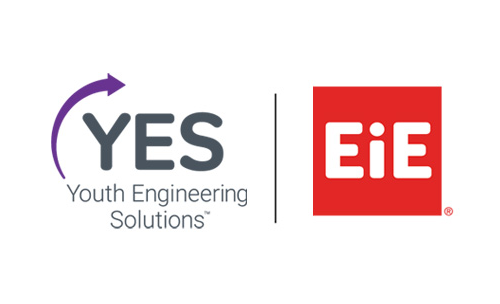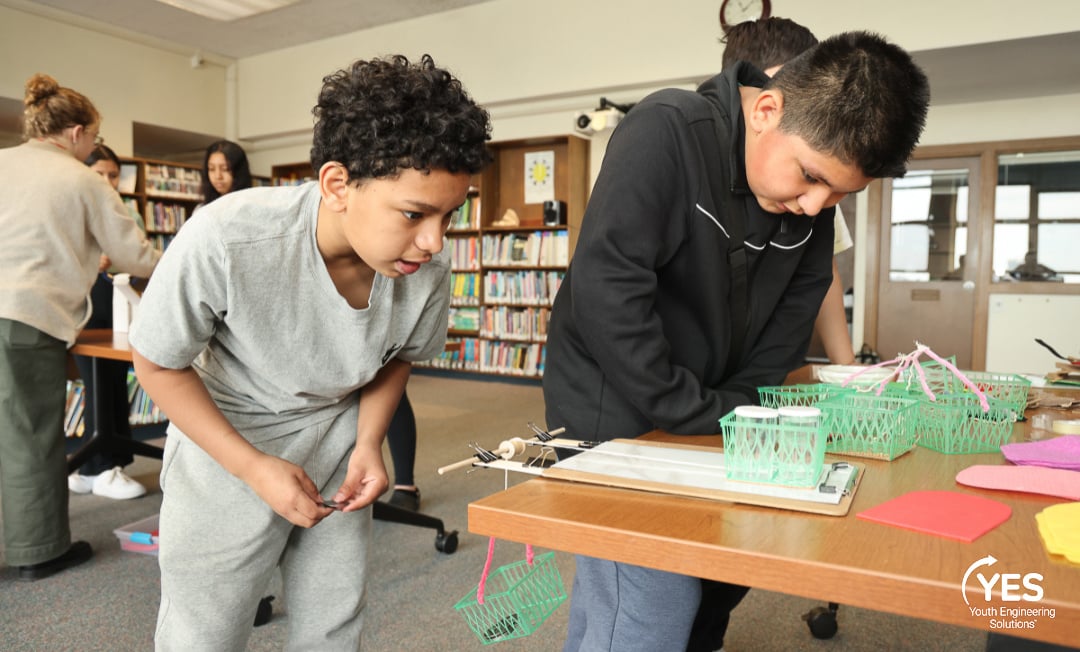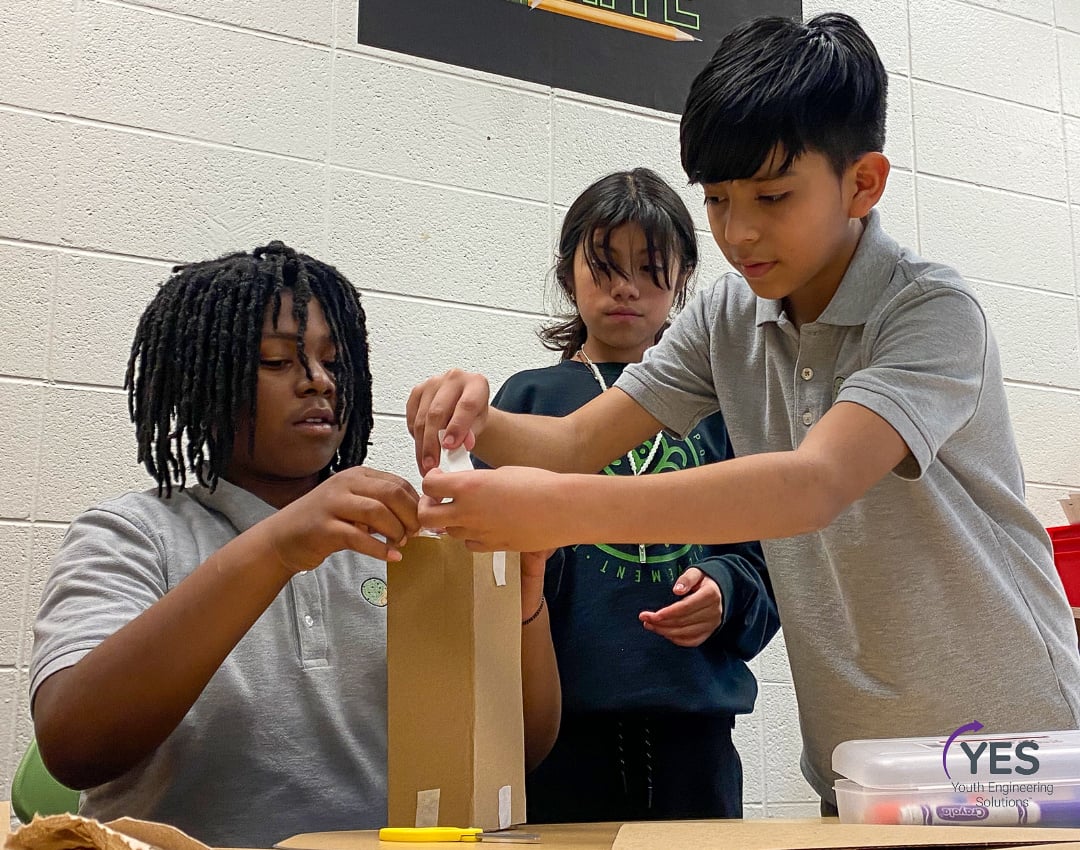June 23 is Women in Engineering Day! We’re passionate about equity in STEM and excited to share recent stats on women in engineering and how teachers can address these topics in the classroom.
On Access and Representation:
- 24.2 percent of employees working as engineers in 2020 are women (Swaay, 2021)
- Regardless of efforts being made to grow the percentage of women engaged in STEM fields, only 17 percent of all specialists working in engineering are females. (Forbes, 2021)
- Girls report that they are less likely to learn computer science, have less confidence in learning it, and are less likely to need to know computer science in their future career (Google & Gallup, 2015).
Why it Matters:
- Women make up 20% of engineering graduates, but it’s been estimated that nearly 40% of women who earn engineering degrees either quit or never enter the profession. (Harvard Business Review)
- In 2019, only about 22% of women earned a bachelor's degree in engineering. (ThomasNet, 2021)
- Algorithms, products and curricula using CS have been found to have bias against women and people of color, which can impact the efficacy of the technology and have significant consequences in everything from economics to the law. (ARS Technica)
The Bright Side:
- The Massachusetts Institute of Technology (MIT) has the highest ratio of female-to-male engineering graduates: about 39% of the graduating class of 2019 were women. (ThomasNet, 2021)
- Women, more often than men, say that they want to become socially responsible engineers, working to solve major problems and making a difference in people’s lives (Harvard Business Review)
- There are new, innovative and exciting curricula solutions, games and classroom activities being created to address equity in engineering every day!
And that’s just Engineering. The statistics are similar in Computer Science and most STEM fields. Representation and access are the keys to student success and finding solutions that ensure underrepresented communities pursue excellence in STEM fields.
We’d love to hear from you about how you engage with representation and CS concepts at home and in your classroom, especially in areas where your local communities have not yet implemented CS standards. If there are ways you’ve succeeded or struggled to engage your learners about CS and Coding, please let us know in the comments below!
We also recommend exploring Engineering and Computer Science Essentials: An Integrated Program for game-changing STEM education for everyone.








